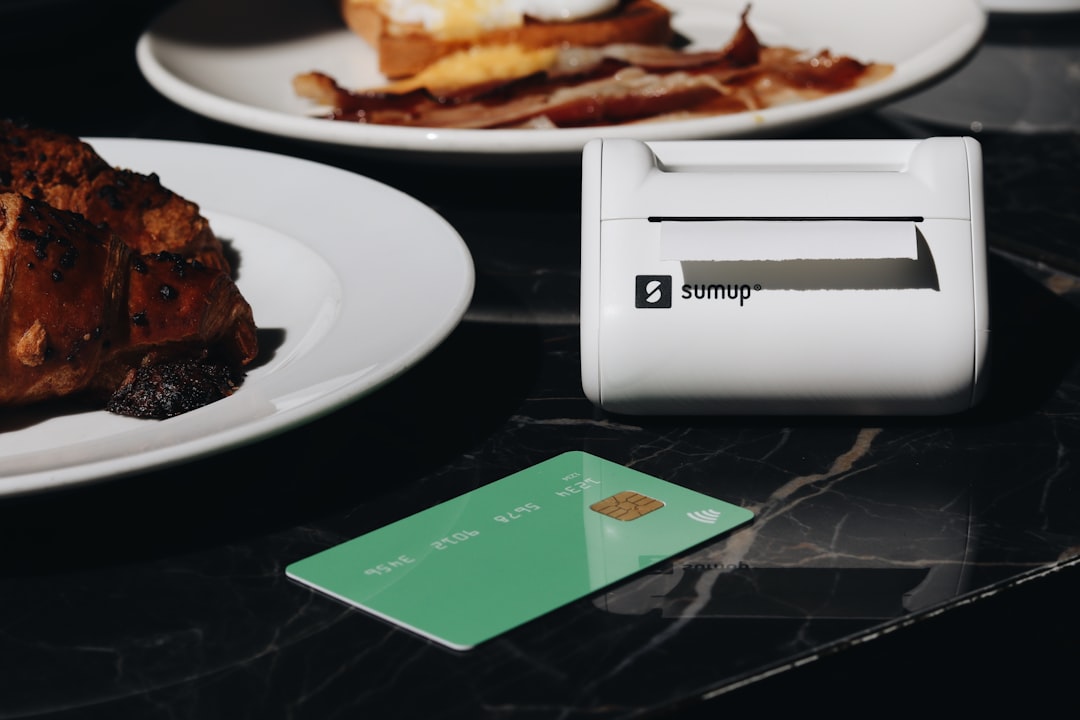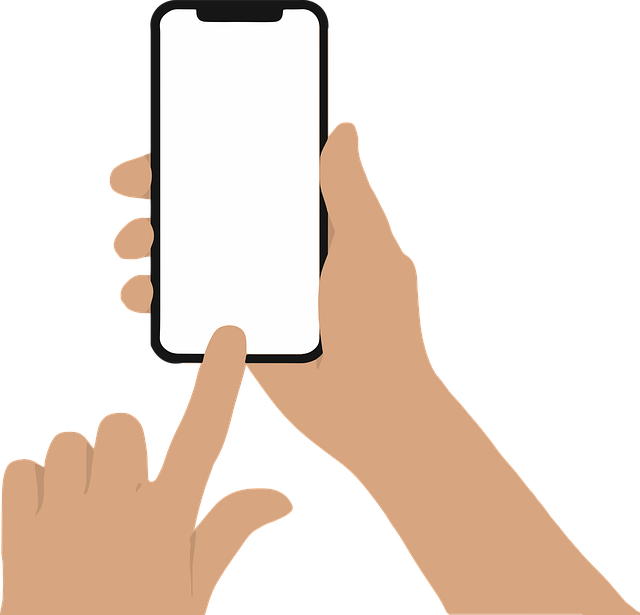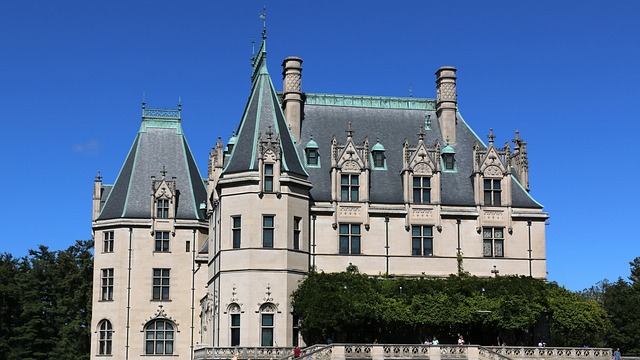In North Carolina, residents can protect themselves from unwanted phone calls by registering on the National Do Not Call Registry and state-specific lists, with exemptions for family/friends, charities, and pre-consented callers. Businesses must understand and adhere to exceptions for debt collection, surveys, and order confirmations, or face fines. Consulting a lawyer for Do Not Call Laws North Carolina is crucial for navigating these complexities, ensuring compliance, and protecting one's rights against illegal calls.
“Unraveling the intricacies of North Carolina’s Do Not Call Registry is essential for consumers and businesses alike. While the national registry offers protection from unsolicited calls, there are notable exceptions that often leave many wondering about their rights. This comprehensive guide explores specific scenarios exempt from these rules, emphasizing the responsibility of compliance.
From telemarketers to political campaigns, certain activities fall outside the scope of Do Not Call regulations. However, understanding when these exemptions apply is crucial to avoid legal pitfalls. For a detailed analysis and expert insights, consider consulting a lawyer specialized in North Carolina’s Do Not Call Laws.”
Understanding the National Do Not Call Registry in North Carolina

In North Carolina, the National Do Not Call Registry plays a significant role in protecting residents from unsolicited phone calls. The state has specific laws and regulations that govern telemarketing practices, ensuring consumers can enjoy peace of mind in their homes. If you’re looking for a lawyer to navigate these laws, consider someone specializing in Do Not Call Laws North Carolina. These rules are designed to give North Carolinians the ability to control unwanted calls, allowing them to focus on their daily lives without constant interruptions.
The National Do Not Call Registry is a nationwide database that prohibits telemarketers from calling telephone numbers listed on it. Consumers can register their phone numbers online or through mail, ensuring they won’t receive marketing calls. However, there are exceptions to these rules, and understanding them is crucial. Some common exemptions include calls from family, friends, or neighbors; non-commercial calls such as those from charity organizations; and calls made with the prior consent of the caller. Knowing your rights and responsibilities under North Carolina’s Do Not Call Laws can help you avoid unwanted calls effectively.
Situations That Are Exempt from Do Not Call Rules

In North Carolina, like many states, there are specific scenarios where the national do not call registry rules don’t apply. These exemptions are designed to balance consumer protection with legitimate business practices. One such exception includes calls made for charitable purposes by non-profit organizations. Non-profits are allowed to contact individuals on the registry if their calls are for fundraising or other charitable initiatives, as long as they comply with certain guidelines and provide opt-out options.
Another notable exemption pertains to telephone surveys conducted for research purposes. Market researchers and surveyors can call individuals on the do not call list for the sole purpose of gathering data, provided they obtain explicit consent beforehand. Additionally, business-to-business calls are generally excluded from these regulations, meaning companies can reach out to other businesses without facing penalties, as long as their intent is not telemarketing or selling goods/services to consumers. For those seeking guidance on do not call laws in North Carolina, consulting with a lawyer specializing in this area is advisable to understand and navigate these exceptions effectively.
Who Is Responsible for Complying with Exceptions?

In North Carolina, like many states, the responsibility for complying with exceptions to do-not-call laws falls primarily on businesses and telemarketers. These entities must be well-versed in the regulations and the specific conditions under which they can make calls despite being listed on the national Do Not Call Registry. A lawyer specializing in Do Not Call Laws North Carolina can provide invaluable guidance on these matters, ensuring compliance with state regulations.
Key exceptions include calls made for specific purposes such as collecting a debt, conducting surveys, or confirming orders. Businesses must also obtain explicit consent before calling individuals who have not given permission. Failure to adhere to these exceptions can result in fines and legal repercussions. Thus, it’s crucial for companies to seek professional advice from a North Carolina Do Not Call Laws lawyer to navigate these complexities and avoid potential violations.
Legal Implications and When to Consult a Lawyer

In North Carolina, like many states, there are specific circumstances where the Do Not Call Registry rules do not apply. Misunderstanding these exceptions can lead to legal complications. For instance, if a business or individual makes calls for purposes such as collecting debts, conducting surveys, or notifying someone about an upcoming event, they may be exempt from the usual restrictions. In such cases, proper procedures and disclosures must be followed to ensure compliance with local do not call laws.
If you’re ever in doubt about whether a call falls under these exceptions or if you’ve received a call that violates your rights according to the Do Not Call Registry, consulting a lawyer specializing in North Carolina’s do not call laws is advisable. A legal expert can help clarify your rights, determine potential violations, and guide you on the best course of action. They can also represent you in case of any disputes or legal proceedings related to do-not-call regulations.






